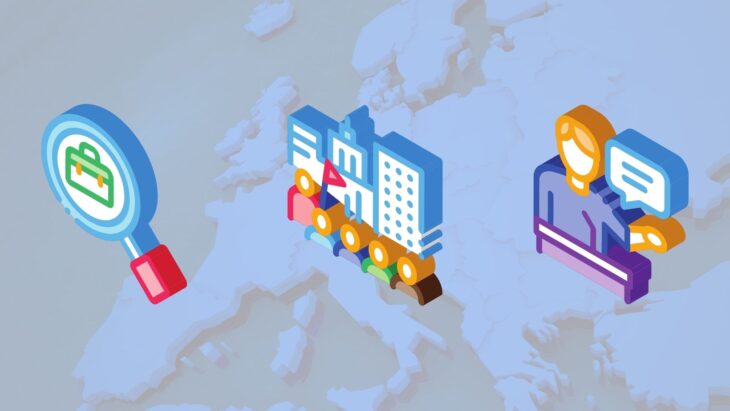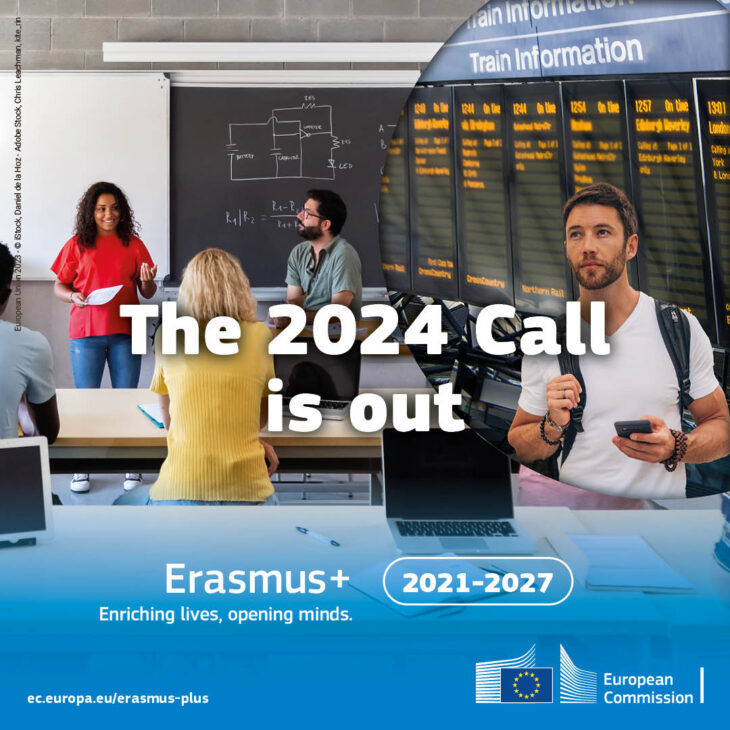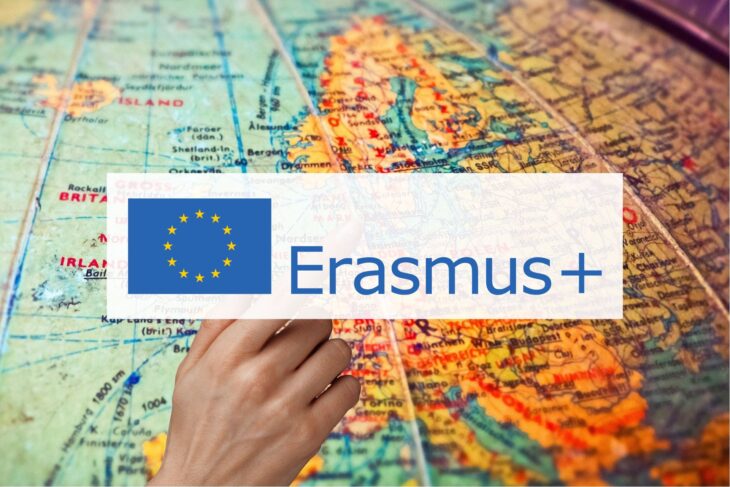The first result of the ErasmusPlus KA220 Cooperation Project PiR.A.M.iD (Path for Intercultural Awareness, Measurement and Development) coordinated by Tribeka Training lab are finally be issued, and available in multiple languages in the project webpage www.piramiderasmusplus.eu.
Project partners have analyzed the results of a comprehensive survey designed to identify the primary challenges faced by students, teachers, and host companies when interacting with people from different cultures. Drawing on the Richard D. Lewis Model of categorizing cultures, the survey explored intercultural dynamics in three key areas:
- Students: Issues encountered during interactions with peers from different cultures, either at school or during internships abroad.
- Teachers: Challenges supervising or grading students of various nationalities, particularly when adaptation difficulties arise.
- Host Companies: Difficulties in managing trainees, employees, or clients from different cultural backgrounds, especially in the hospitality and tourism sectors.
The survey findings, detailed in our report, revealed intriguing correlations between the responses and the cultural categories outlined in Lewis’s model, providing a deeper understanding of the intercultural dynamics in these environments.
Using insights from the survey, we developed the P.iR.A.M.iD. Theoretical Model, which adapts the Lewis cultural framework to address the needs of an increasingly multicultural professional landscape. We utilized Lewis’s categorization of cultures into three cultural types—Linear-Active, Reactive, and Multi-Active—and explored their implications in three key sectors: tourism, education, and the digital world.
In the tourism sector, linear-active individuals are methodical and precise, maintaining professionalism and emotional distance. In education, these individuals are results-oriented and focused on deadlines, preferring clear communication and minimal physical contact. In the digital world, they avoid multitasking, rely on polite but direct written communication, and use tools like calendar apps to manage schedules.
Reactive individuals in the tourism sector prioritize listening and subtle communication, resolving conflicts harmoniously while building trust with clients. In education, they promote collaboration, reflect deeply before acting, and build strong relationships with peers and teachers. Digitally, they prefer video calls and tend to write polite, indirect emails.
In tourism, multi-active individuals lead conversations, adapt plans flexibly, and foster relationships through empathy and expressive communication. In education, they thrive on collaboration, use dynamic gestures during presentations, and meet deadlines while supporting peers. Digitally, they multitask, prefer in-person meetings, and balance personal and professional commitments using calendar apps.
The insights from the survey and the theoretical model are the first steps toward developing actionable tools and methods for schools, companies, and individuals working in diverse environments. The results of our research reaffirm the importance of intercultural competencies in today’s interconnected world.



















